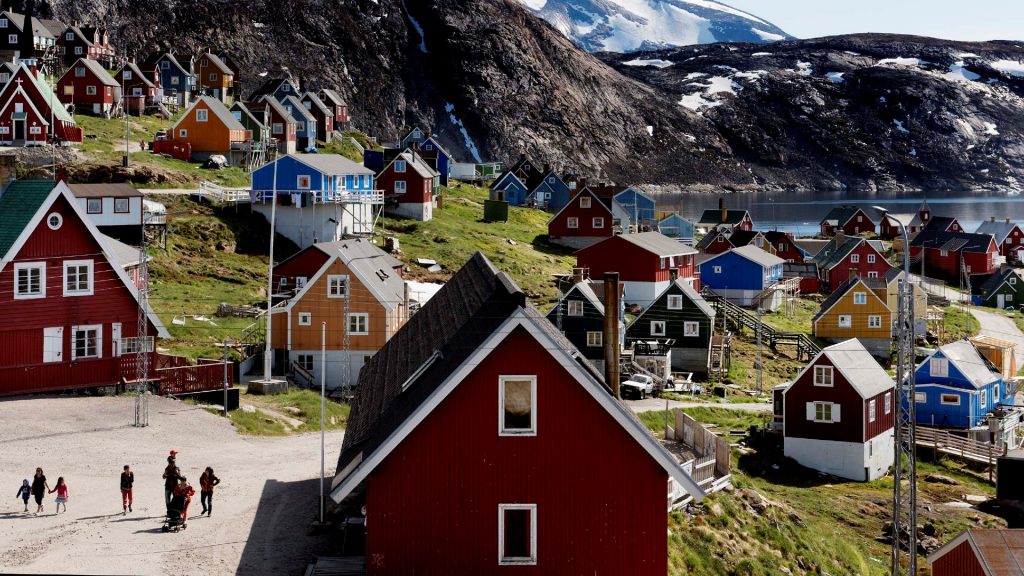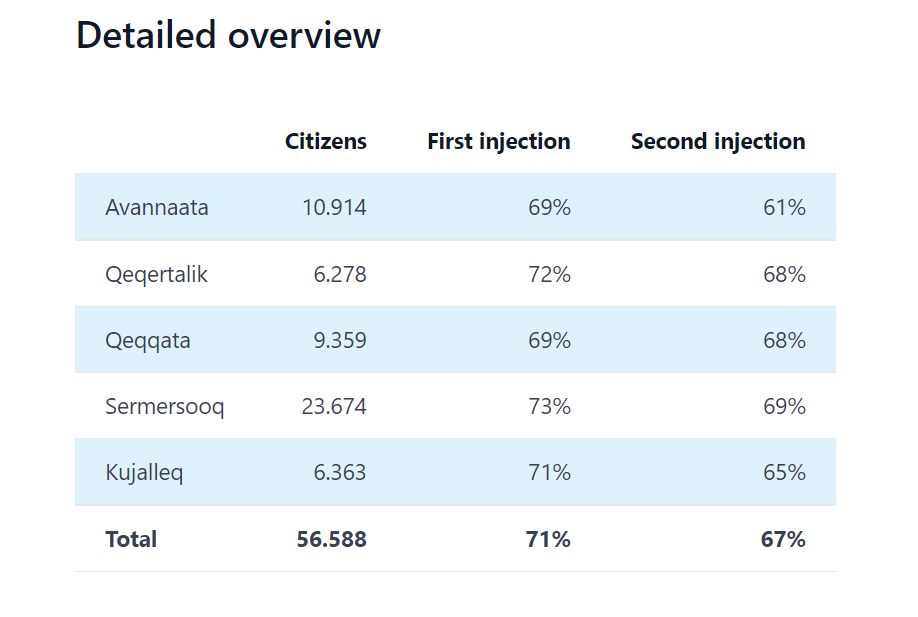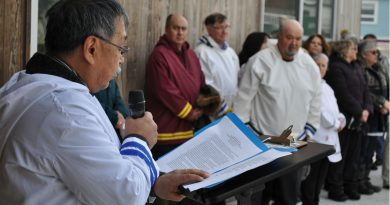New strategy activated to manage COVID-19 outbreak in Upernavik, Greenland

Health authorities in Greenland have launched a new strategy to combat the current COVID-19 outbreak in Upernavik after 200 people tested positive.
“Given widespread transmission, the aim of the strategy is to protect the population against the serious consequences of the COVID-19 outbreak,” the government said in a news release.
The town of Upernavik, which is located on Greenland’s western coast, has a population of approximately 1,115 people, and has been coping with ballooning COVID-19 cases since November.
On Wednesday, health authorities estimated that at least half the population has been, or is infected, and includes a large portion of the child population as well.
“The outbreak is so extensive that it’s no longer possible to follow the strategy that’s otherwise been used in Greenland for the last two years, namely, to find the individual infected and their contacts and recommend isolation and quarantine,” the government said.
Strategy for settlements
Instead, health authorities will focus on delivering quick treatment for those who become severely ill because of COVID-19, ensuring that resources remain available for things like cancer and tuberculosis screening, and expanding testing capacity as well as establishing a system that can react quickly if the virus spreads to Upernavik’s surrounding settlements.
“No infection has been documented in the settlements around Upernavik yet, but vaccination coverage in the settlements is significantly lower than in Upernavik so the risk of it spreading to one or more settlements is considered high,” health authorities said.
“Therefore, all citizens are encouraged to follow the recommendations in order to limit the spread of infection as much as possible.”

All residents considered ‘close contacts’
Given the prevalence of COVID in Upernavik, the government says all residents must now be considered “close contacts.” Those who are fully vaccinated are still permitted to go to work, but are being asked to limit all other social contact as much as possible.
Schools are allowed to stay open as long as public health directives are respected.
Health authorities say vaccinations are not being offered in Upernavik at this time but that booster shots will be organized in early 2022 for those over 18, starting with the elderly.
Write to Eilís Quinn at eilis.quinn(at)cbc.ca
Related stories from around the North:
Canada: Another Nunavik community moved to yellow COVID-19 alert level in northern Quebec, Eye on the Arctic
Finland: Strong signs of tourism revival in Finland’s north, Yle News
Iceland: Iceland extends COVID-19 measures for at least two weeks, Eye on the Arctic
Greenland: Greenland’s new domestic and international COVID-19 rules in effect until March 6, Eye on the Arctic
Sweden: Sweden to introduce new Covid-19 measures on Dec. 8, Eye on the Arctic



